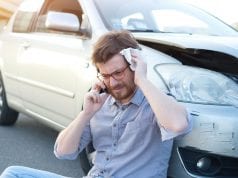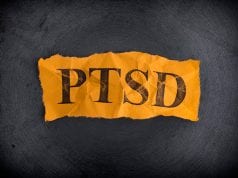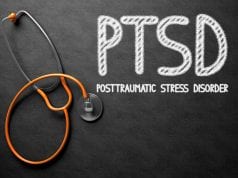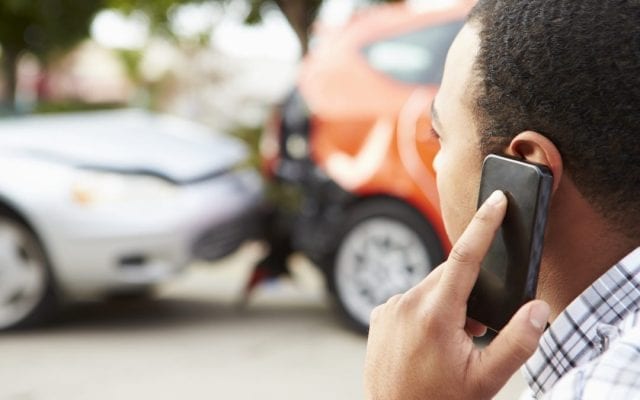
One of the most commonly asked questions about car accidents is whether or not the police should get involved. If it’s just a simple fender bender, it might not seem necessary for their presence. The other party in the accident might beg that you don’t call the police as well, claiming that getting the police involved might damage their driving record or increase their insurance rates.
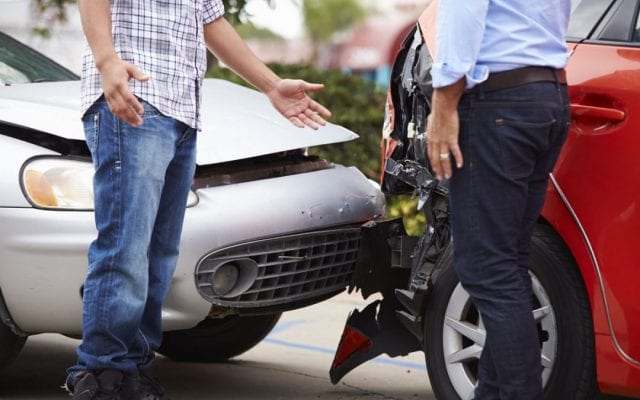
As a general rule, it’s probably best to get the police involved any time there’s a car accident, even if you were the one at fault. You shouldn’t admit fault or try to take all the blame for the accident, but it can be good to have an official presence there to document everything correctly.
If you need further convincing, here are a few key reasons you’ll be glad the police were there.
1. They’ll file an official report that can be useful for legal or insurance reasons
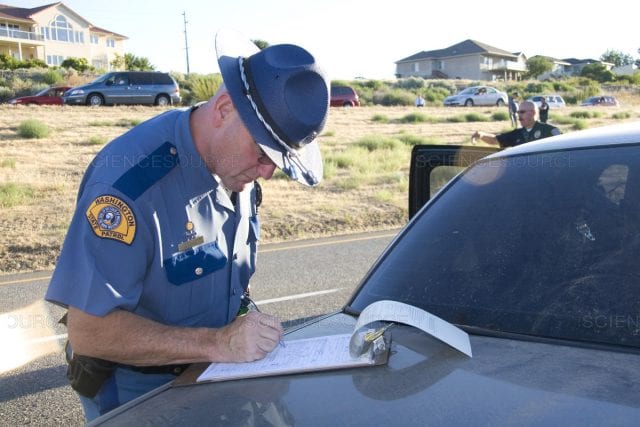
When officers arrive on the scene of the accident, they’ll collect evidence and statements to put together an official report. Typically, a police report is filed if there’s an injury, death, or damage totaling more than $1500, but this can vary state to state.
The report can be very useful if you find yourself in a legal battle. An attorney can use the information in the report to either help you file a personal injury claim or protect you from one. You’ll just need to get a copy of the crash report to use in your case, as stated by Marks & Harrison, Attorneys at Law.
2. They’ll let you know if they need to be there
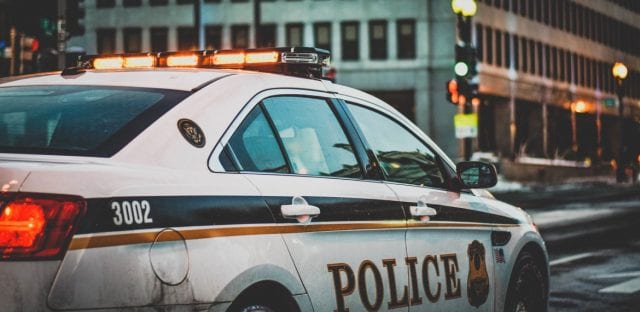
There’s no risk in calling the police. The police are very busy; they won’t come to an accident that isn’t worth their time. If it’s a minor fender-bender with no injuries and minimal damage, the dispatch might decline to send a uniform at all.
This doesn’t mean you shouldn’t file your own report of the accident, however. You can still take pictures, write down an account of what happened, get witness statements, and submit all of that with your local law enforcement to have an official record on file. This will be useful in case there’s a delay in damages, future liability, or a settlement.
3. They’ll help spot and prevent insurance fraud or legal scams
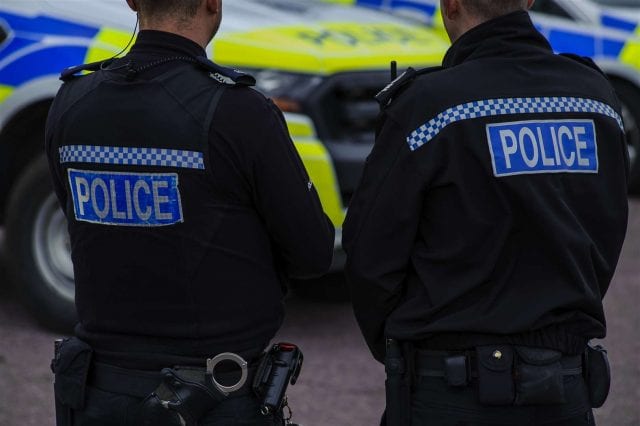
There are far too many claims of insurance fraud out there. Every year, it costs U.S. citizens and insurance companies between $5.6 billion and $7.7 billion. It’s also estimated that about 21 percent of personal injury claims that resulted in a payment contained evidence of fraud.
You might find yourself victim of an insurance or personal injury scam. Some drivers stage an accident in which they’re the victims to collect the insurance money and go after you for personal injury compensation.
Police officers are trained to spot this kind of fraud, and they may be able to prevent a scam before it occurs.
4. They’ll get help for your injuries right away
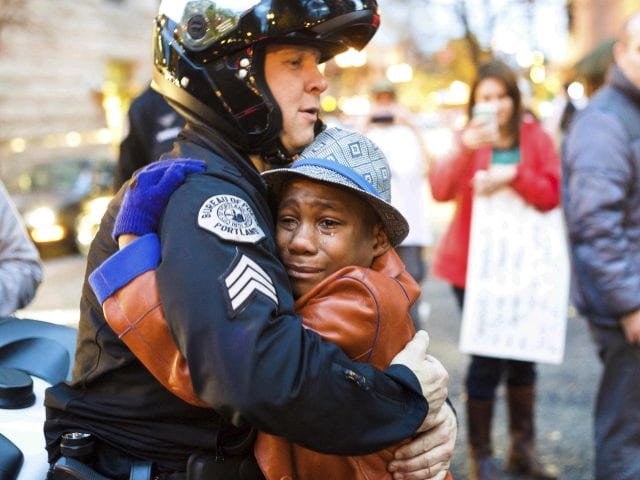
Law enforcement officials can not only get paramedics and firefighters on the scene immediately, but they are also trained in basic first aid. They may be able to apply certain lifesaving measures while they wait for the paramedics to respond.
Any time there’s an injury in a car accident, you should call the police. Even a mild head injury or a stomach ache could indicate something far more serious, and you don’t want to wait until it’s too late to get help.
5. They’ll block off the scene for your safety and privacy
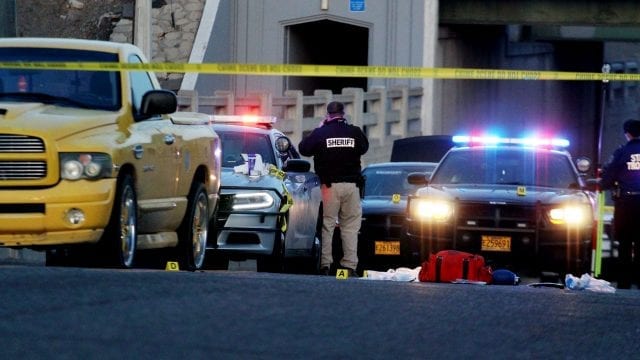
This is one of the most important functions of having the police at the scene of the accident, especially if the accident occurs in an area or time of low visibility. Police officers will direct traffic around the accident so that you can deal with the aftermath safely. This is especially important if the accident occurs on a busy street or a highway.
They’ll keep cars at a wide berth around the accident, so you can avoid prying eyes as well. Too many cars slowing down and trying to get eyes on the accident can block emergency vehicles.
6. They’ll identify motor vehicle violations
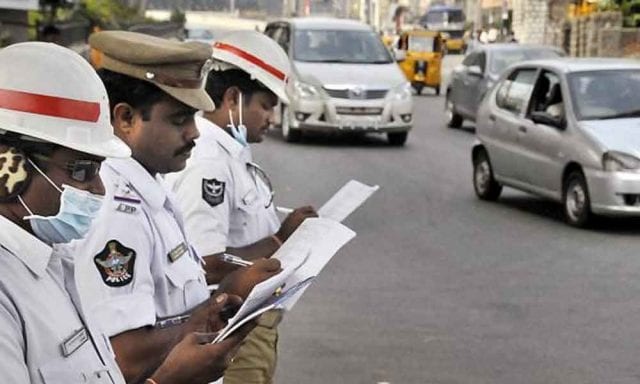
You never want to be blamed for an accident that wasn’t your fault, so if the other driver committed a motor vehicle violation, you’ll want the police there to document. The other driver will be ticketed for their infraction, and you won’t be pinned with the accident costs.
Oftentimes, identifying a moving violation without a police officer present requires a witness. If possible, ask a nearby car or two to stay until the police arrive to give a statement.
7. It could be against the law to not call them
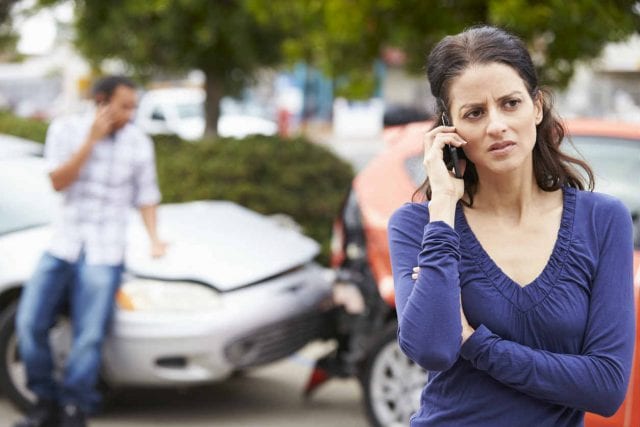
Laws vary by state, but most states require that you call the police after an accident in a few specific circumstances, usually if an accident involves a pedestrian or there was a fatality. According to the law, you should call the police if:
- You strike or injure a person outside of a vehicle.
- A person is injured or dies during an accident.
- Your vehicle or the other vehicle is too damaged for safe operation.
- The accident involves a bicyclist.
- You hit an animal and are unable to locate the owners to tell them. (Failing to notify the owners could mean the police will come after you later.)
8. They’ll force the other driver to cooperate
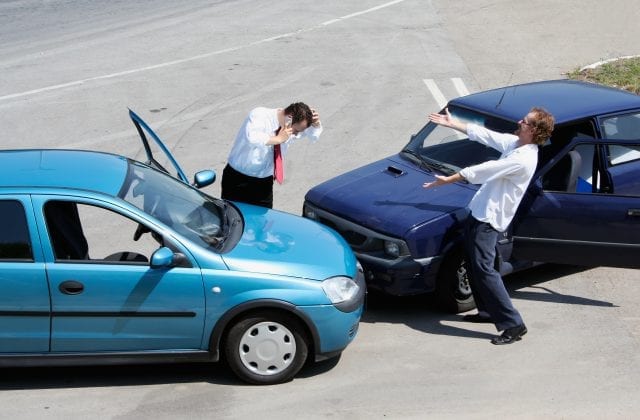
In a perfect world, a minor accident would end with both drivers exchanging insurance information, admitting accurate fault, and leaving the scene amicably. However, some drivers can lose their cannons after an incident.
If the other driver is excessively angry, threatening violence, or in any other way intimidating you, call the police immediately before you get hurt.
Additionally, some drivers might refuse to cooperate after causing an accident that was their fault. They might try to drive away or claim no fault. An officer can track down a fleeing driver if you get the license number (or if there is video from a nearby security camera). They can also help identify fault.
You can’t go wrong with calling the police. They have your safety and best interest in mind, and you’ll be glad to have them in your corner during this trying time.

